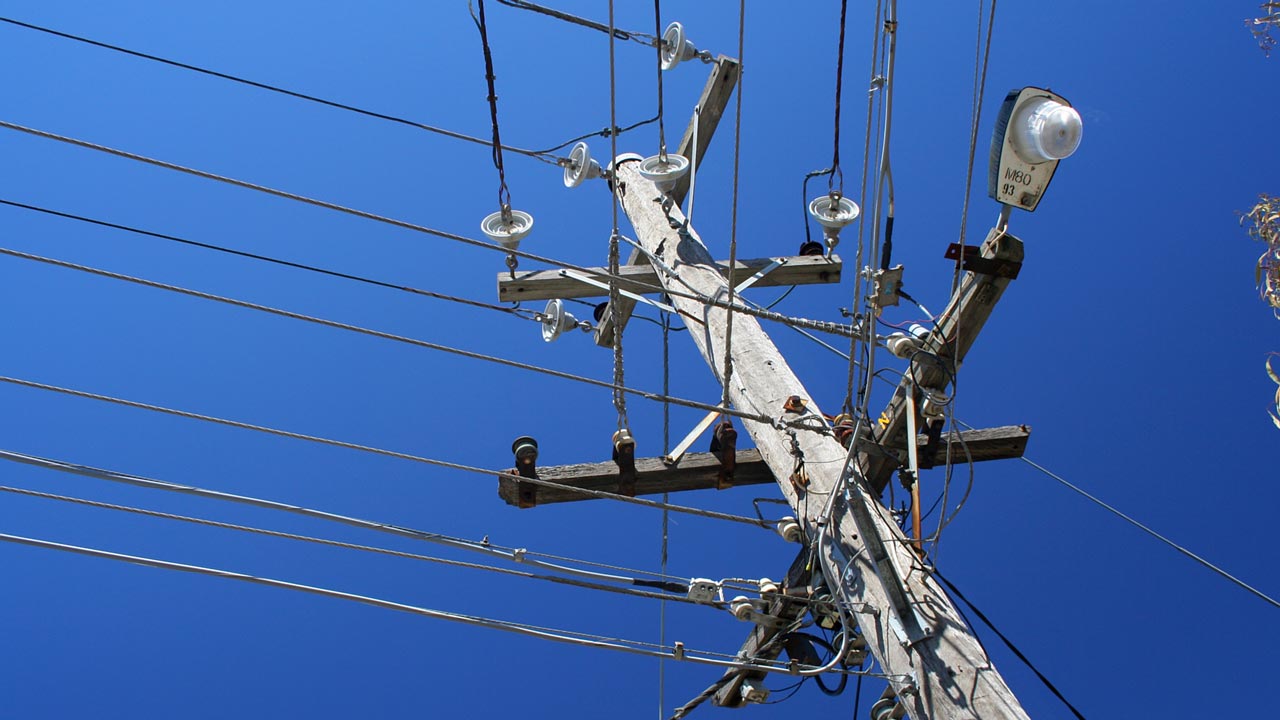- Ibadan DisCo Loses over N1b to Energy Theft Monthly
It is worrisome that the power sector situation is not getting better. This is made worse by the unpatriotic attitude of some consumers, who would not want to pay for what they consume, the Team Lead Revenue Protection, Ibadan Electricity Distribution Company (IBEDC) Plc, Jude Ugwuoke, has said.
Ugwuoke said the electricity distribution companies (DisCos) are running into huge losses, noting that the Ibadan distribution company alone loses over N1 billion to energy theft monthly. He said there’s no business person that would invest and lose such amount of money and be able to grow. It’s not likely, he said.
He said the effect of energy theft was seriously telling on the Discos hence the power shutdowns, which often occur in most parts of the country. He appealed to Nigerians to desist from this kind of practice to enable the DisCos deliver on their promises.
He stated that people are being sensitised on the need to discontinue from energy theft, spread the message across so that people can begin to see the need to pay for the electricity they consume.
Ugwuoke told The Nation in Lagos that the major challenge confronting the DisCos was energy theft by consumers. According to him, about 70 per cent of installed meters are now bypassed, adding that meters are to measure the quantum of energy being consumed but when that has been distorted, there would be huge losses as a result.
‘’Consumers use the energy and they don’t want to pay. A lot of consumers bypass the meters, which the DisCos had invested huge amount of money on’’. It’s a very big problem to the DisCos, he said, but noted that with the kind of strategies the distribution companies are putting in place, the challenges would be taken care of within a short time.
Ugwuoke confirmed that the DisCos also have their own challenges too. He agreed the distribution companies’ metering standard needed to be checked but added that on no account should anybody tamper with the installation even if the meters were not installed at the right place. “It’s against the law, so we need to ensure that we stop tampering with meters, and when this is done, things will change,” he said.
“We have illegal consumers who are not DisCo customers, they only hook on to the network without following the due process, their information would not be provided, they would be using electricity free of charge.”
He warned that the Discos are monitoring these activities and anyone caught in the act would be brought to book.
He also stated that Ibadan DisCo had embarked on enumeration exercise to reorganise its network, so as to know the number of its existing customers. Ugwuoke disclosed that the IBEDC had spent over N5 billion in this process trying to ensure the company effectively runs that process.
With this, the company would be able to know the number of its existing customers, the process according to him, is also targeted at bringing in those illegal consumers and legalise them and bring them to the company’s data base.
“We will be able to know the number of people in our network, that will help in planning and budgeting. So, the moment we know the number of customers we have through this enumeration, we will be able to plan ahead, we will be able to look at what to put in place in terms of metering, among others,” adding that other DisCos are doing the same, and other states are equally embarking on that process.
Stressing the need for metering, Ugwuoke said the moment the customers are all metered and they stop tampering with these meters, pay for what they consume, the DisCos will equally be able to pay for what they consume, adding that the distribution companies too do get bills from the transmission company.
“So, the moment there’s check and balances and people stop tampering with the meters, we will have proper accountability of our energy, the era of paying for what you did not consume or the DisCos losing excessively will no longer be there,” he said.
The Nigerian Electricity Regulatory Commission (NERC) is equally putting measures to ensure that consumers of electricity do not tamper with installations. According to him, the regulatory body had redefined penalties for offenders. Before now, the single phase tampering was N25,000 but now it’s N50,000 while the three phase meter tampering is N100,000.

 Naira4 weeks ago
Naira4 weeks ago
 News4 weeks ago
News4 weeks ago
 Naira4 weeks ago
Naira4 weeks ago
 Travel3 weeks ago
Travel3 weeks ago
 Jobs4 weeks ago
Jobs4 weeks ago
 Naira3 weeks ago
Naira3 weeks ago
 Naira3 weeks ago
Naira3 weeks ago
 Investment4 weeks ago
Investment4 weeks ago






























